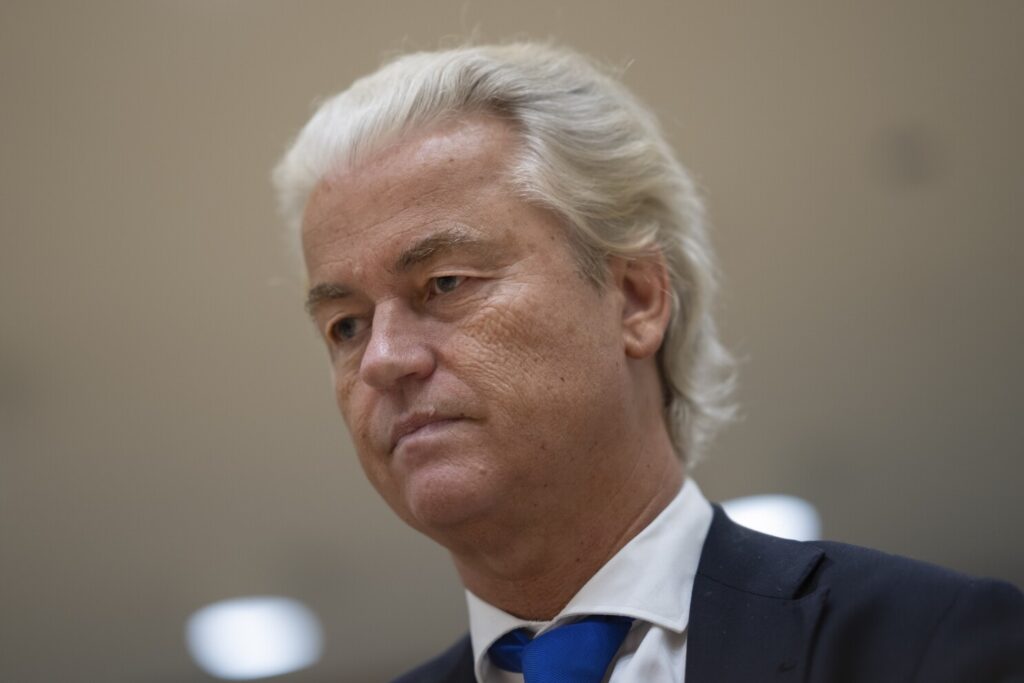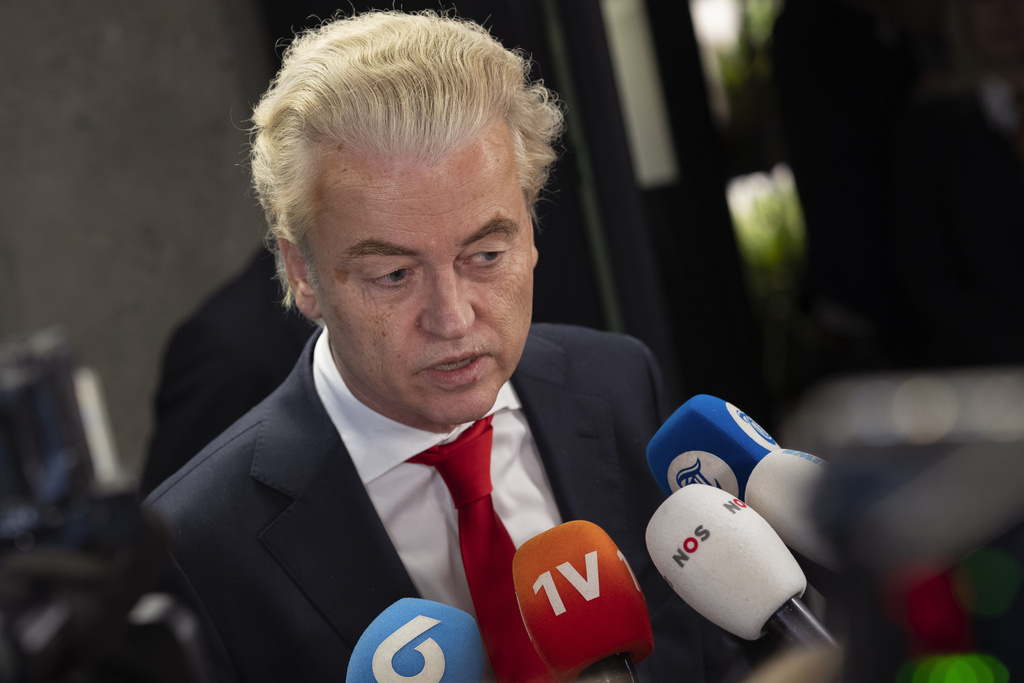In a move that signals a dramatic shift in European migration policy, the Dutch”Netherlands” government announced on Wednesday its decision to suspend the Schengen Agreement starting December 9. The reintroduction of hard border controls will remain in effect for six months.
“We want to make the Netherlands as unattractive as possible,” said Marjolein Faber, the Dutch Migration and Asylum Minister, who represents Geert Wilders’s nationalist and anti-immigrant Party for Freedom.
This marks a major step in addressing the Netherlands’ spiraling illegal immigration crisis and is being seen as a significant act of Euroscepticism.
Schengen Area Under Pressure
The Schengen Agreement, which has largely eliminated internal border checks across most of the European Union, now faces renewed scrutiny. The Netherlands’ decision to temporarily suspend the treaty is a direct response to escalating migration challenges.
A European Commission spokesperson confirmed that the Dutch authorities had notified them on November 11 about the reintroduction of border controls. “As always, the Commission will assess the notification and remain in close contact with the authorities,” the spokesperson said.
Germany has already reinstated border checks at its land borders following a surge in violent crime linked to asylum seekers. Chancellor Olaf Scholz made the announcement just after electoral defeats in Saxony and Thuringia, where the far-right Alternative for Germany (AfD) party gained ground.
Norway, though not an EU member, has also suspended Schengen rules until December 1. The Norwegian government cited security concerns, calling the move a necessary step to protect its citizens from potential acts of terrorism.

Tougher Migration Policies in the Netherlands
In addition to reintroducing border controls, the Dutch government has rolled out a series of measures aimed at curbing migration:
- Limiting the number of family members allowed to join asylum seekers.
- Shortening the duration of temporary visas.
- Declaring certain parts of Syria “safe,” enabling the rejection of asylum applications from those regions.
Syrians currently make up the largest group of migrants entering the Netherlands, reflecting broader trends seen across Europe.
Violence Sparks Public Support for Action
The Netherlands has recently grappled with incidents of migration-related violence, including attacks by “packs of mainly Muslim youths” on Israeli soccer fans in Amsterdam. These attacks, which included setting fire to a tram and creating no-go zones, have intensified public calls for stricter migration policies.
“Our authority has failed,” said Jennifer van Vroonhoven, a politician from the center-right New Social Contract party. Wilders described the violence as a “Jew hunt” and attributed it to what he called a “Moroccan problem.”
Despite criticism from some opposition parties accusing Wilders of fear-mongering, the suspension of Schengen has encountered little pushback within the Netherlands.
Read more : Mike Tyson Slaps Jake Paul To Make Friday Night Fight ‘Personal’
Broader Implications for Europe
The Dutch decision is part of a wider trend in Europe, as several countries impose stricter border measures:
- France has yet to lift the security restrictions it implemented during the Olympics.
- Italy has tightened controls at its border with Slovenia.
These actions reflect growing discontent with the EU’s handling of migration and the increasing prioritization of national interests over collective European ideals.
The suspension of the Schengen Agreement by the Netherlands underscores a significant shift in European migration policy, as countries take unilateral actions to address their domestic challenges. For the European Union, this represents a profound test of unity and the sustainability of its open-border framework.

